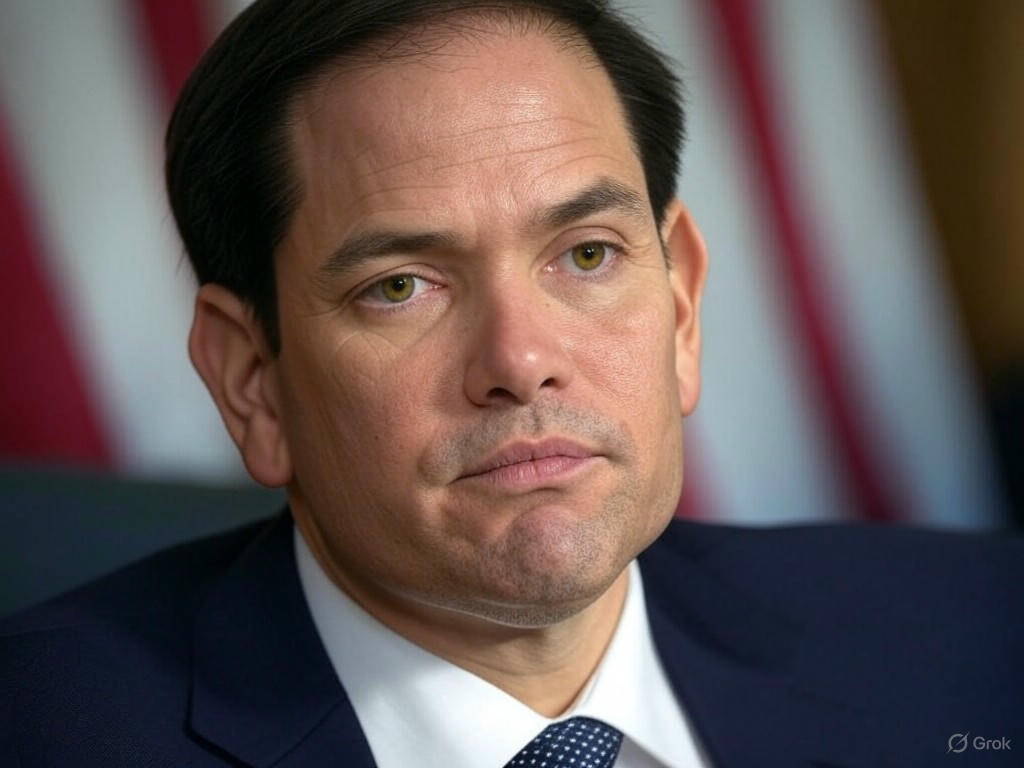Rubio Leads Charge Against ICC Over Actions Targeting US and Israel
In a bold move that has sparked international debate, U.S. Senator Marco Rubio has spearheaded efforts to impose sanctions on the International Criminal Court (ICC) for what he and other American officials describe as overreaching and unjustified actions against the United States and its ally, Israel. This development comes amid rising tensions between global judicial bodies and national sovereignty, highlighting a growing rift over the role of international law in addressing geopolitical conflicts.
The controversy stems from the ICC’s recent decisions to investigate alleged war crimes involving American personnel and Israeli officials in conflict zones. Rubio, alongside other prominent figures in the U.S. government, argues that the court lacks jurisdiction over nations that are not signatories to the Rome Statute, the treaty that established the ICC. The United States, notably, has never ratified this agreement, and Rubio contends that the ICC’s moves represent a dangerous precedent of judicial overreach. He has accused the court of pursuing politically motivated agendas rather than impartial justice, a sentiment echoed by several lawmakers who view the ICC’s actions as a direct challenge to U.S. autonomy.
Rubio’s push for sanctions is not merely rhetorical. Legislation backed by the senator aims to penalize ICC officials involved in these investigations, including potential travel bans and asset freezes. This aggressive stance is intended to send a clear message: the United States will not tolerate what it perceives as illegitimate interference in its affairs or those of its allies. The measures also reflect a broader frustration with international bodies that, in the eyes of critics like Rubio, fail to account for the complexities of modern warfare and national security priorities. Israel, a close U.S. partner, has similarly rejected the ICC’s authority, with officials there denouncing the court’s probes as biased and unfounded.
The implications of this clash extend far beyond the immediate parties involved. Critics of Rubio’s approach warn that sanctioning an international court could undermine global efforts to hold perpetrators of atrocities accountable, potentially weakening the very framework of international justice. They argue that while the ICC may not be perfect, dismissing its authority risks setting a precedent where powerful nations can opt out of accountability altogether. On the other hand, supporters of the sanctions believe that protecting national interests must take precedence, especially when international institutions appear to target specific countries disproportionately.
As this situation unfolds, the world watches a pivotal moment in the ongoing struggle between state sovereignty and global governance. Rubio’s unwavering stance against the ICC underscores a fundamental question: can international justice coexist with the realities of political power? While the outcome remains uncertain, one thing is clear—this dispute will shape the future of how nations navigate accountability on the world stage, testing the limits of cooperation in an increasingly polarized global landscape.


